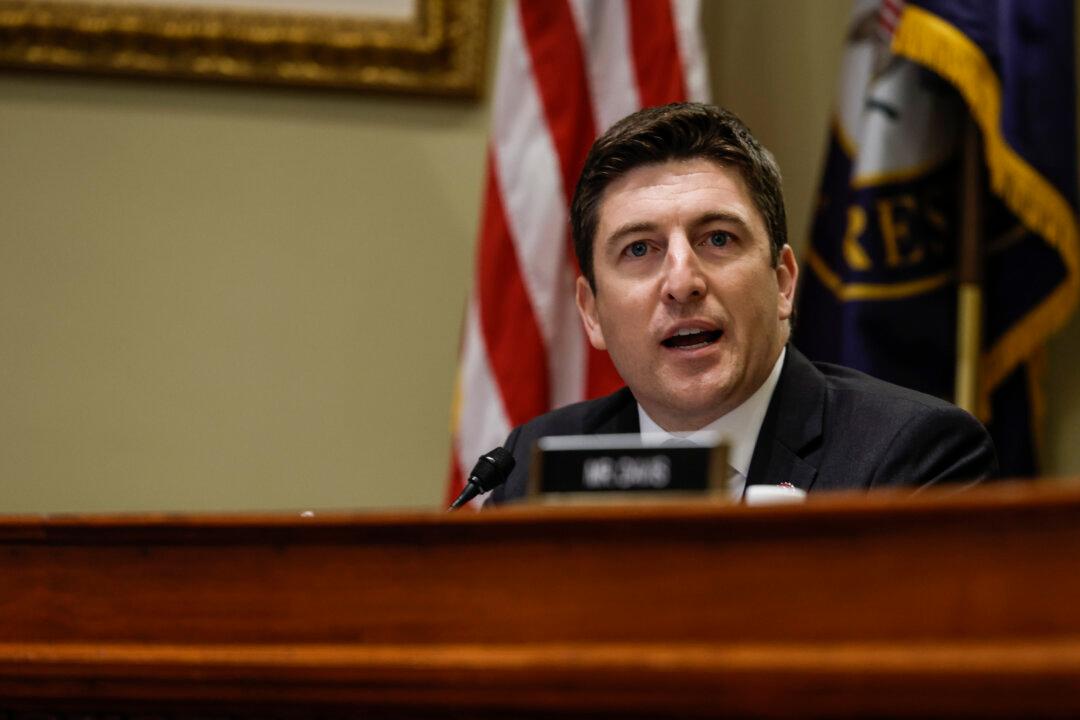A House panel is expanding its investigation into whether the Democratic fundraising platform ActBlue may be skirting or violating federal campaign finance laws.
Rep. Bryan Steil (R-Wis.), chairman of the House Administration Committee, launched the probe last fall amid allegations that ActBlue was facilitating the funneling of unlawful contributions to political committees across the country.





